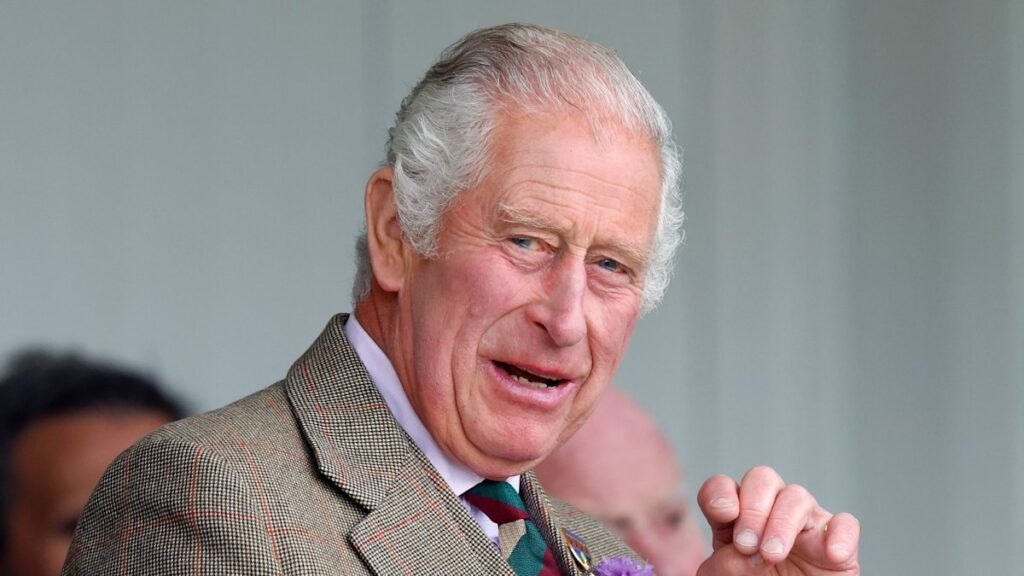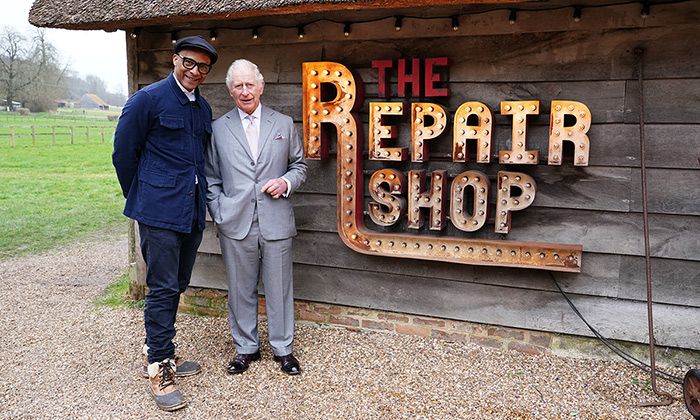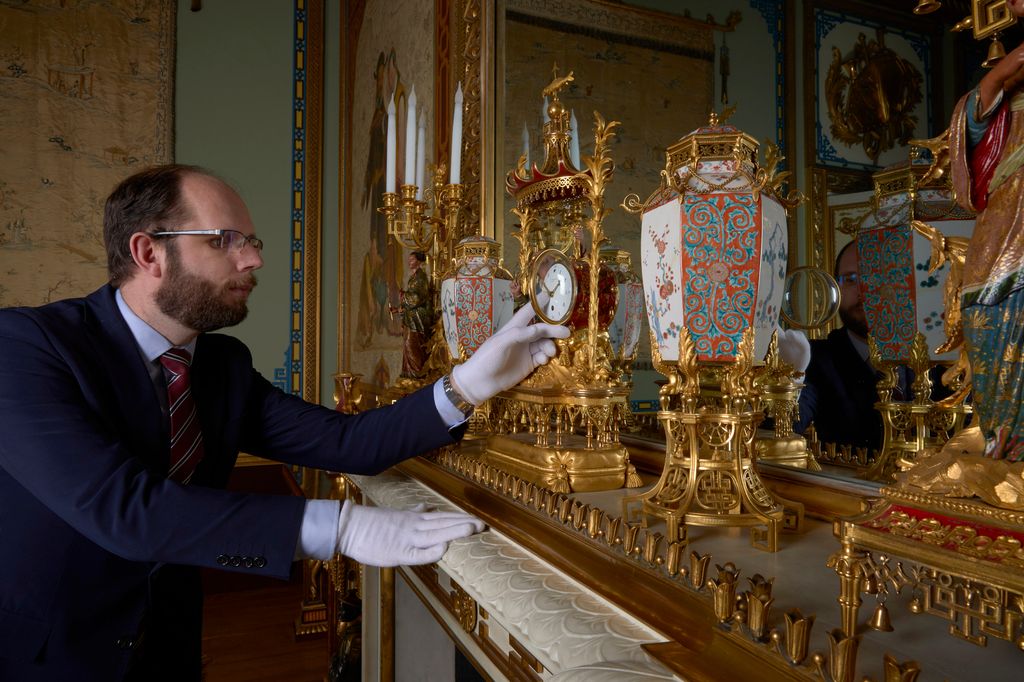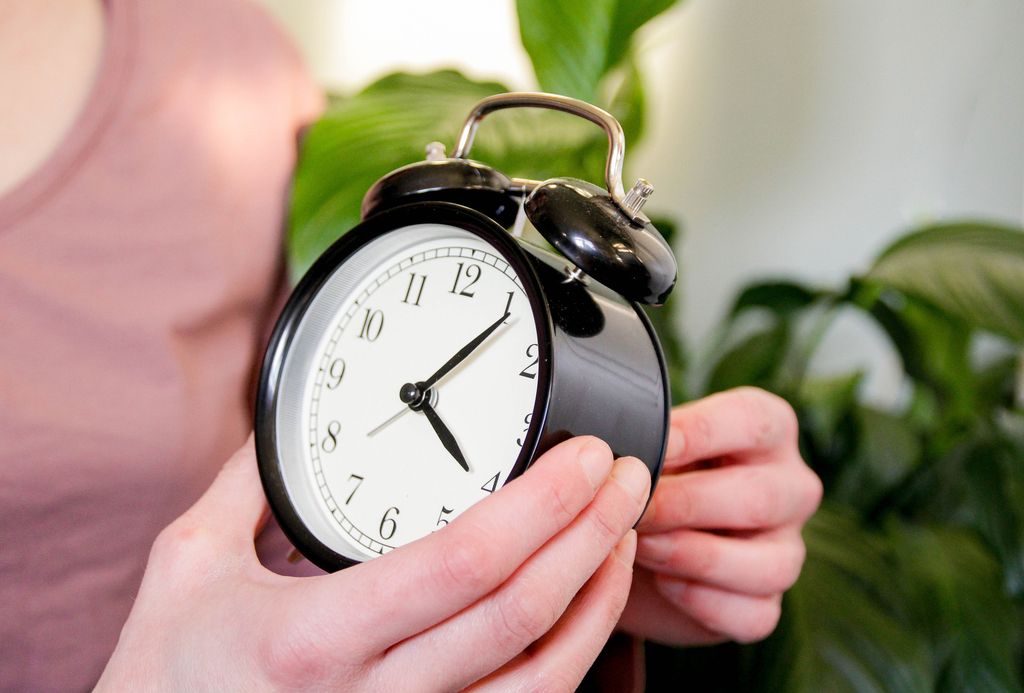It takes a huge team of people to keep His Majesty King Charles III‘s royal residences in order at all times – from cleaning and cooking through to repairs and gardening. This weekend, the employees at all his UK homes will be poised to complete a series of changes as the clocks go back for winter. The clock change officially happens at 02:00 BST on Sunday 26 October in the UK, but with so many timepieces throughout the royal homes, it’s a process that will actually take hours to do. Discover how the mammoth task will be executed…
There are believed to be over 1,000 timepieces inside royal properties that will need to be changed by hand this weekend, so who will be doing this? There will be teams in each of the homes, such as Buckingham Palace, Windsor Castle, Sandringham House, etc, to play their part in the big switch. All will be overseen by the royal horological conservator. The clocks will go forward again on 29 March 2026, and this will mean the teams having to undergo this painstaking process once again.
Charles’ love of clocks
The types of clocks around the residences vary – there are musical clocks, astronomical clocks, miniature clocks and turret clocks. During a special episode of The Repair Shop that aired in October 2022, King Charles revealed that he has a particular soft spot for grandfather clocks. He said: “To me, I just love the sound of a tick tock,” said Charles. “But also, if they chime. That’s why I love grandfather clocks.”
He continued: “I find it rather reassuring in a funny way, and they become really special parts of the house… as you were, the beating heart of it. So that’s why they matter to me. I’m afraid it is something I learnt from my grandmother. She had great fun putting a few together and trying to get them to chime at the same time in the dining room, which made it very enjoyable because everybody had to stop talking. All the clocks and cuckoos would go off, then you’d hear a voice saying, ‘What time is it?'”
Why do we change the clocks twice a year?
Daylight Saving Time is a concept first introduced in 1916 by the German army, before many other European countries, and eventually, other countries around the world adopted it too. It allows us more daylight in the evening during summer and more in the morning in winter.
Daylight saving is a rather controversial concept in the UK, though, and according to a YouGov poll from 2024, 46 per cent of Britons think we should continue to implement it, while 42 per cent are actively opposed to the concept.




